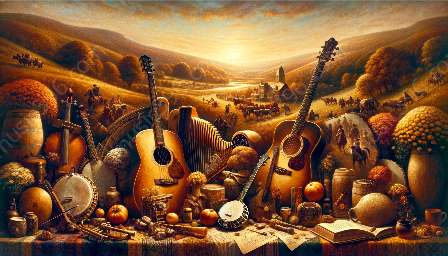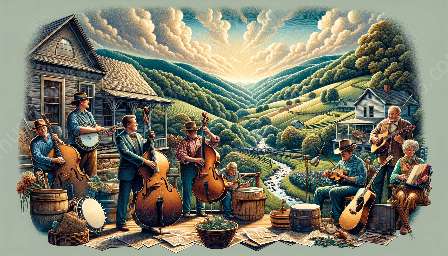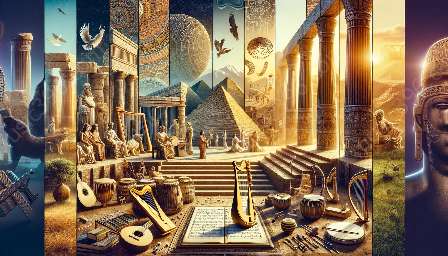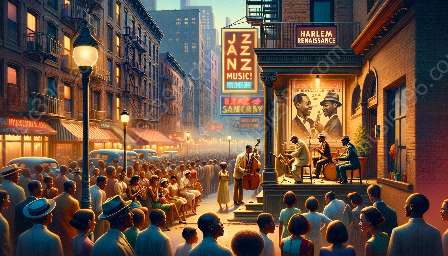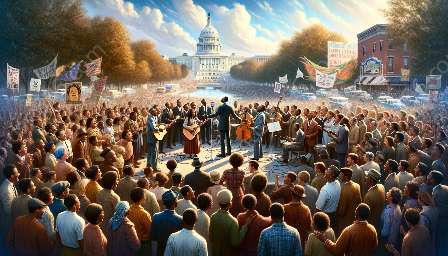Preservation and Documentation of Ragtime Music History
Ragtime music holds a significant place in the history of music as a distinctive and influential genre that emerged in the late 19th century. It contributed immensely to the evolution of popular music, jazz, and various other styles. The preservation and documentation of ragtime music history are essential to understand its impact, evolution, and enduring legacy.
Understanding the History of Ragtime Music
Ragtime music originated in African American communities in the Southern United States during the 1890s. Its unique syncopated rhythms, lively melodies, and energetic piano playing quickly gained popularity across the country. Ragtime's influence extended to various other musical forms, including classical and popular music, and it played a pivotal role in the development of jazz.
The history of ragtime music is intertwined with the socio-cultural landscape of its time, reflecting the experiences and traditions of African American communities. Ragtime composers and performers, such as Scott Joplin, James Scott, and Jelly Roll Morton, contributed to the genre's growth and recognition.
Significance of Ragtime Music in Music History
Ragtime music holds immense significance in the broader history of music. It served as a bridge between traditional African rhythmic patterns and structured Western musical forms, blending diverse influences to create a distinctively American sound. Ragtime's impact on subsequent musical styles, including jazz, blues, and popular music, underscores its enduring legacy.
Moreover, ragtime music played a pioneering role in challenging racial barriers and promoting cultural exchange. Through its catchy tunes and infectious rhythms, ragtime music transcended racial divides and contributed to a greater appreciation of African American musical traditions.
Preservation and Documentation of Ragtime Music History
The preservation and documentation of ragtime music history are crucial for maintaining the genre's legacy and understanding its evolution. This involves comprehensive efforts to collect, archive, and disseminate historical recordings, sheet music, and other artifacts related to ragtime music.
Organizations, such as the Scott Joplin International Ragtime Foundation and The Ragtime Society, play a vital role in preserving ragtime music history by archiving manuscripts, recordings, and personal archives of ragtime composers and performers. These efforts ensure that future generations can access and appreciate the richness of ragtime music.
Challenges in Preserving Ragtime Music History
Preserving ragtime music history presents unique challenges due to the fragility of historical recordings and documents. The deterioration of original recordings and the scarcity of reliable sources pose obstacles to comprehensive preservation efforts. Additionally, the need for funding and resources to support preservation initiatives remains a persistent challenge.
Despite these challenges, dedicated individuals, scholars, and organizations continue to pursue innovative methods for preserving ragtime music history, utilizing digital archiving, restoration techniques, and educational programs to safeguard the genre's legacy.
Legacy and Impact of Ragtime Music
The enduring legacy of ragtime music is evident in its influence on subsequent musical styles and its continued popularity among enthusiasts and performers. Ragtime festivals, concerts, and scholarly research contribute to the ongoing documentation and celebration of ragtime music history.
Moreover, contemporary artists and musicians continue to draw inspiration from ragtime, incorporating its rhythmic vitality and melodic innovation into modern compositions. This ongoing dialogue between past and present illustrates the enduring impact of ragtime music on the broader musical landscape.
Conclusion
The preservation and documentation of ragtime music history are vital endeavors that contribute to a deeper understanding of the genre's significance in music history. By safeguarding historical recordings, manuscripts, and cultural artifacts, we can ensure that the legacy of ragtime music continues to inspire and resonate with audiences worldwide.











